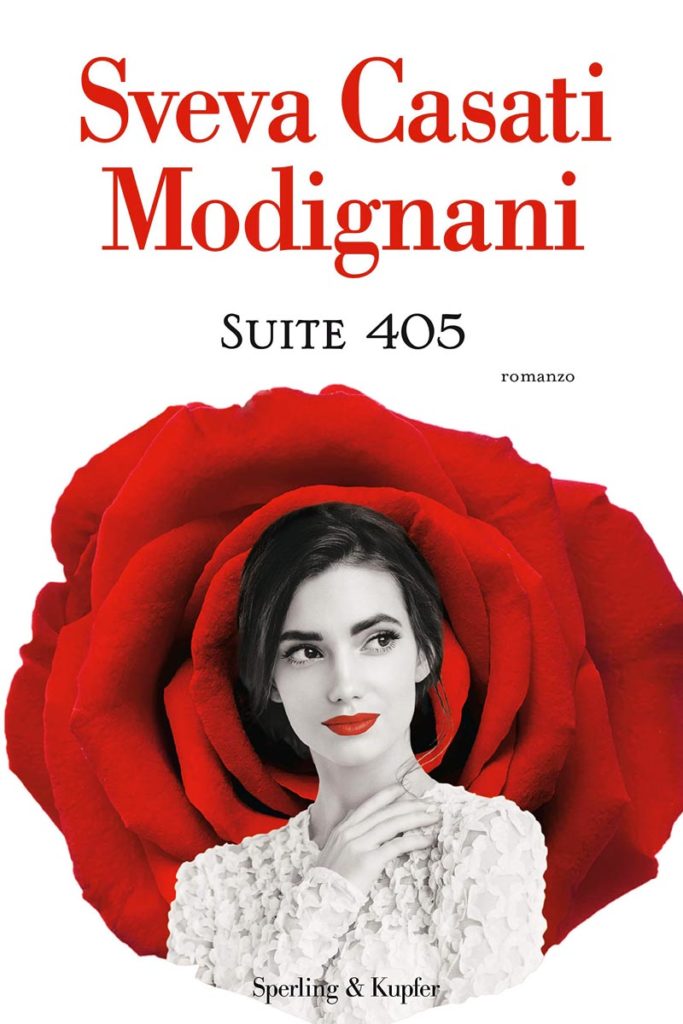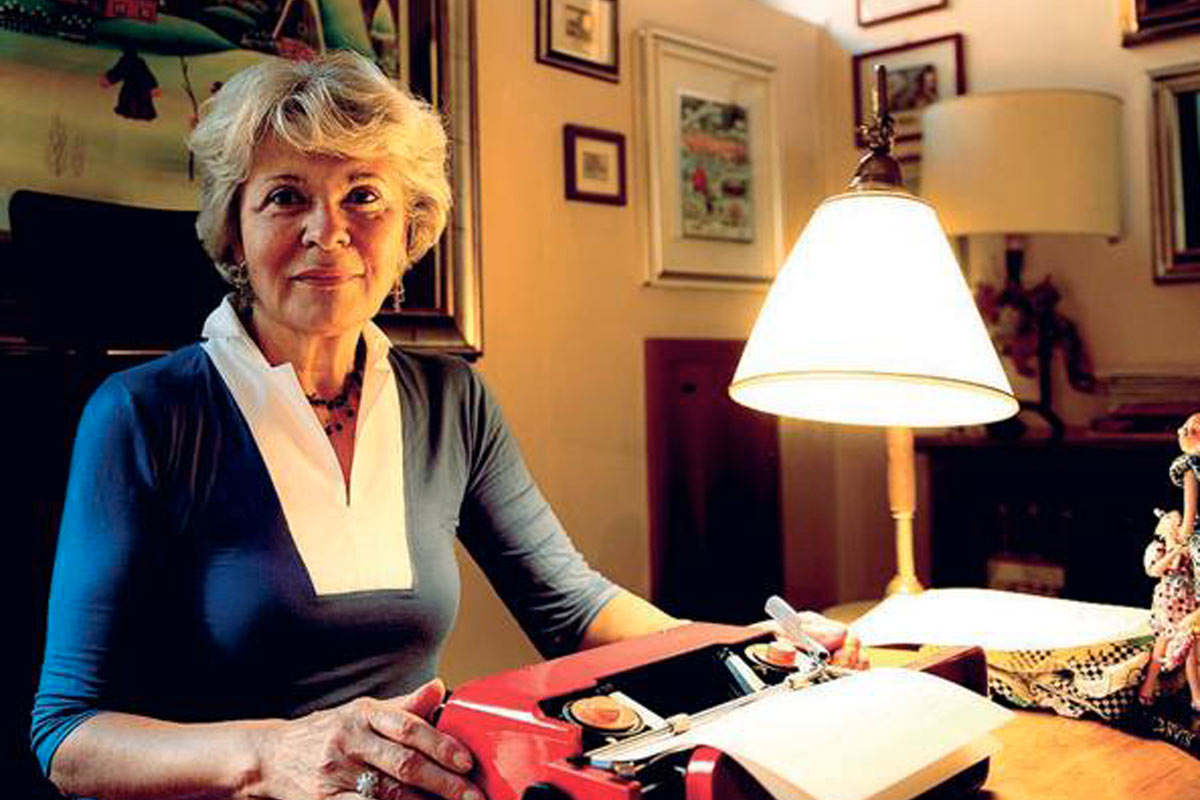An interview with Sveva Casati Modignani. The protagonists of her last book – two men.
Sveva Casati Modignani, alias Bice Cairati, is one of the most popular names of contemporary narrative. Her novels have been translated in 20 countries, with more than 12 million copies already sold. Her new book “Suite 405” (Sperling & Kupfer) was just recently released. The two protagonists are two men with very different personal and professional lives, whose destinies cross on the Rome-Milan motorway.

There’s always a bit of yourself in every character you write about. Where does the inspiration for these two men (Lamberto, businessman and Giovanni, union official) come from?
Given that I had to talk about the world of work, I compared what in my opinion represents the model of two professional characters. To me the ideal union official is Maurizio Landini, secretary of the labour union CGIL, while I personally met the ideal businessman: he was exactly like my character in the novel, but he passed away a year ago. My purpose was to tell about the working-class world, which underwent deep and significant changes in the last decades.
At the beginning of your career, you used to write together with your husband. Was it difficult to share a job that is as “intimate” as writing?
Actually, I used to write the novels and my husband reviewed them. This was the case of three books. Anyway, I involved him in my writing for about 20 years during his illness. There has been rumours that he would write and I would only support him. The saddest thing is that above all women would believe it. Then, as my husband died, they said “She will stop writing!”. I’ve always maintained that a woman’s worst enemy is not a man, but women.
In view of your professional life as a journalist and writer, what would you consider worse: female rivalry or male chauvinism?
Rivalry between women arises from chauvinism: men have always tried to turn women against each other. Some of these women realized it, others didn’t.
As luck would have it, you were one of the few journalists who met the Beatles during their unique tour in Italy (you disguised yourself as a waitress to enter their room).
I don’t like to pin a medal on my chest for that interview, also because it didn’t get published. The grit I used in my job as reporter is undeniable. In fact, I never abandoned this determination. When I think about a story, I try to find topic that is captivating from a social point of view, an important part of our country. Then, at that stage I go and bother all those who may give useful information and materials. That’s exactly what I did with Maurizio Landini.
You’ve always been living in Milan. Some year ago, you said the city deteriorated a lot. What about these days?
For those who see the city with the eyes of a tourist, Milan is a shiny showcase. However, sometimes I feel like being in Moscow when walking around: everything is perfect in the centre, but as soon as you are in the outskirts, you notice the squalor.
You’ve always been finishing your books with a positive ending. The critique never appreciated you for this. What’s the reason behind the “embellishment of reality”?
It’s what I wish for everyone and also for myself. Unfortunately, life isn’t always like that. Io do fiction, even if I tell what really happens in this country. In fact, many people tell me my novels lead to thought and reflection. My finals are never like “they lived happily ever after”, but are definitely always open to optimism. Being pessimistic harms not only ourselves, but also those who are close to us. I always prefer to see the glass half full.

Do you have an ordered way of writing or do you follow the current creativity?
I am very messy with my writing. I don’t have fixed times, but when I am in front of my typewriter, the novel is basically done. First of all, I develop the story in my head and as soon as I begin to write, the characters and the sequence of events are very clear to me. Sometimes I tried to tell my editor: “The whole story is already in my head… give me the money and we bid each other farewell”. I wonder why he never agreed on it (she laughs).
What comes to mind if I say “smell of coffee”, a bit like Proust’s madeleine?
At home, we used to drink only coffee, never tea. I believe that a good cup of black coffee acts like some good fuel. I drink several cups already in the morning. Balzac even good poisoned by the drink. It’s a perfect alley for those who write and are alone a lot.

